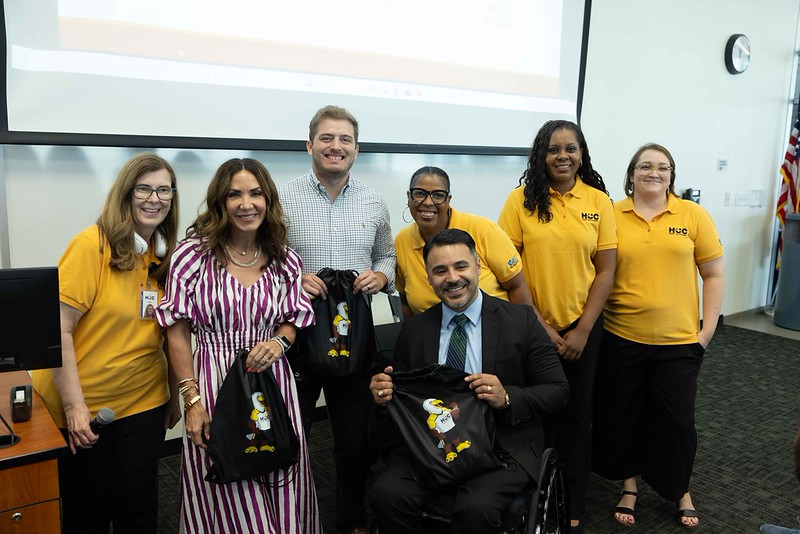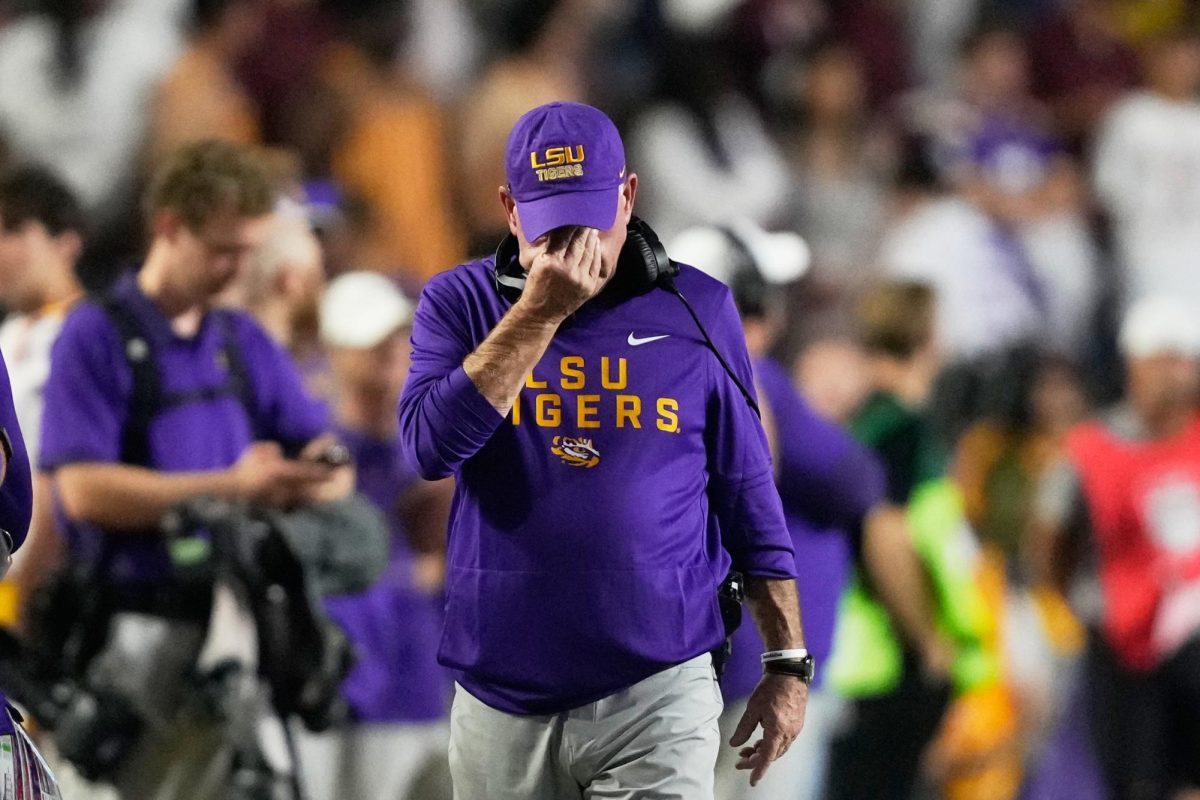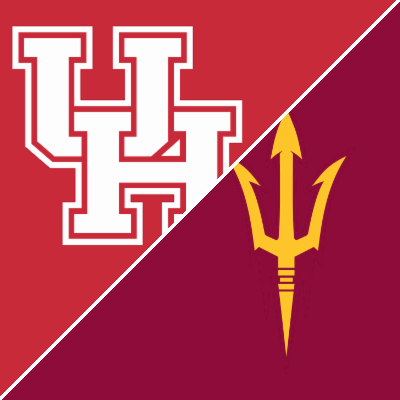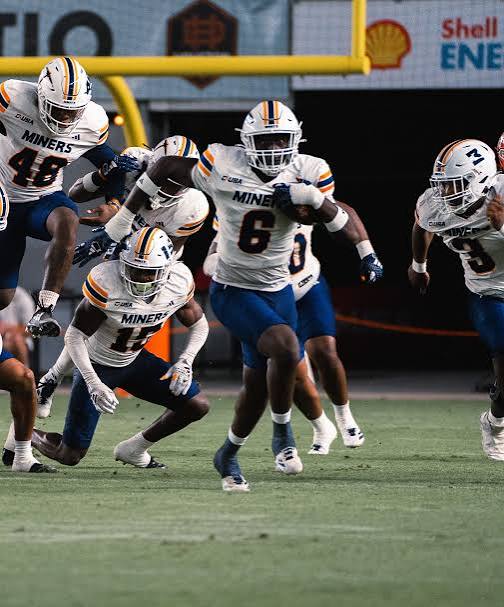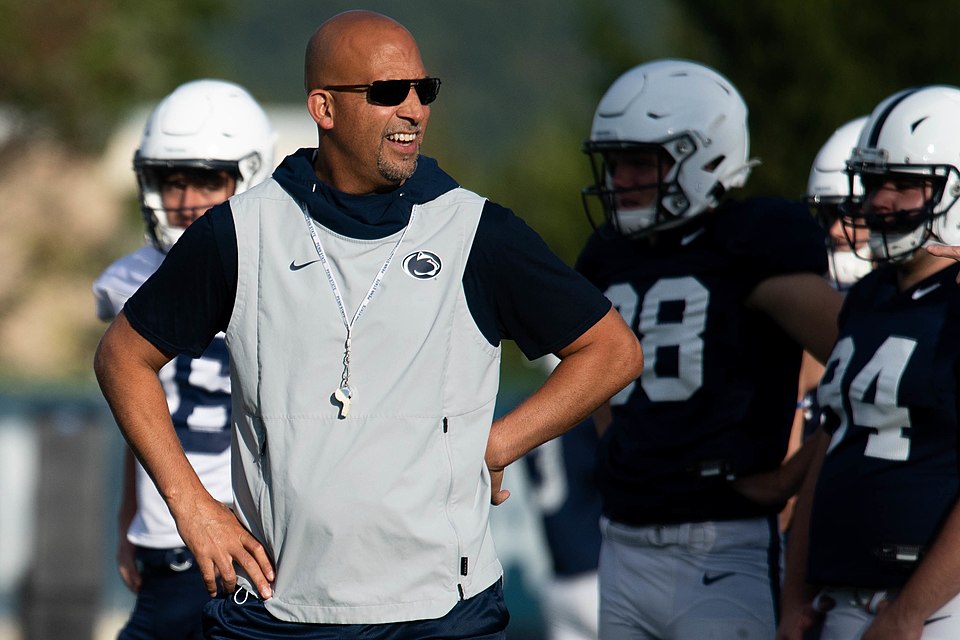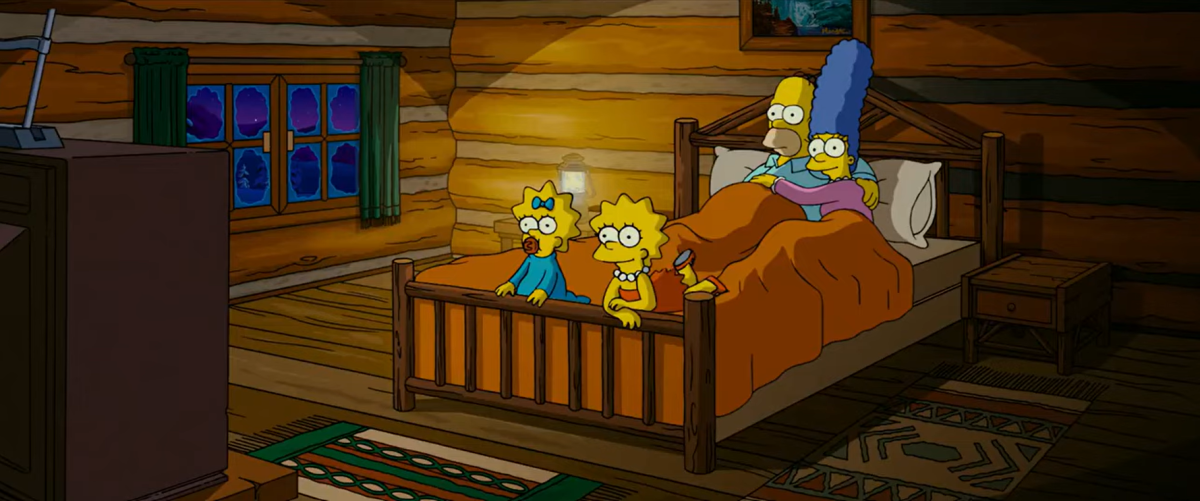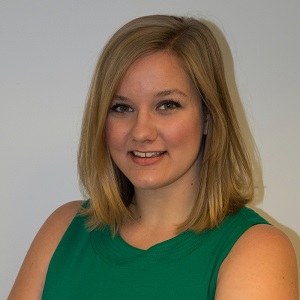HCC plans to improve student experience
May 6, 2016
Each of the six Houston Community College presidents has been entrusted with a project to help improve the student experience.
“These are projects that cut across the entire institution,” says Chancellor Cesar Maldonado, “to bring shared best practices to the institution.”
The projects range from registration and enrollment; new student orientation; career advising; discipline adjacency; learning support; and early alert.
The lofty goal of the student service projects is to bring, “The best student experiences provided by any institution in the country,” said Chancellor Maldonado at a meeting on April 22.
This is part of the college transformation plan. In the past year, HCC has been transitioning from operating as six separate colleges to operating as one college with multiple centers of excellence.
HCC Northwest College President Dr. Zachary Hodges oversees the revamping of registration and enrollment.
With college registration, Dr. Hodges admits that “The first word you think about is that it’s complicated, and it’s long, and you need to get started early to jump through all the necessary hoops. We are no exception to that.”
He noted that HCC mostly relies on face-to-face meetings for registration, with students often having to visit or call multiple offices to get what they need. In the twenty-first century, “it is outmoded, outdated, and something we have to get right.”
One of their goals is to increase the use of technology in the admissions and enrollment process. Steps like hiring more IT support, and revamping the online student portal and checklist are currently underway. “There is no higher priority than to get a satisfactory IT platform in place that serves our students,” says Dr. Hodges.
Part of the plan is to create a centralized, district-wide call center for admissions, and to better train staff to give consistent service across the district.
HCC Central College President Dr. William Harmon has been charged with the task of developing a comprehensive new student orientation for all incoming students starting fall 2016.
At orientation, the college will be “Providing them with information that will allow them to invest in their own education, and how to survive in this environment,” explains Dr. Harmon, it’s about “how we introduce students to this community.”
The Central college has been conducting a mandatory new student orientation for seven years. However, it couldn’t be made truly mandatory because a student could escape the orientation by simply attending another HCC location. “Our mandatory process essentially has no teeth,” notes Dr. Harmon.
An online orientation is also being developed for students who have difficulty attending one on-campus. “The online approach will allow us to reach a larger audience of those students with an interest in pursuing their educational objectives at HCC,” says Dr. Harmon.
HCC Southwest President Dr. Madeline Burillo is leading the move to make career advisement more effective and consistent across the district. Dr. Burillo called it “absurd” that the execution of the advisement process varies at different locations.
“The role of the advisor is critical in the on-boarding process and providing guidance,” says Dr. Burillo, “It has a significant impact not only while they’re here, but the pathway that they’re going to continue on once they leave HCC.”
While examining the current career advisement strategies, Dr. Burillo said that the need to integrate career advising from start to completion or transfer became apparent.
Dr. Burillo says that the job placement department is in need of additional resources to be able to fully prepare students to join the workforce. They plan on creating career services centers at each college. Dedicated spaces and staff budget sources have already been identified.
In the future, students will be contacted so that the college can offer them services before they exit the college, ensuring that they have a resume, portfolio and cover letter ready as well as providing mock interviews.
HCC Southeast President Dr. Irene Porcarello was charged with mapping program adjacency. “It’s not just getting into a [career] cluster and saying ‘I’m taking this pathway,’ just for the sake of taking a couple of courses,” explained Dr. Porcarello.
After extensive research, the committee decided to create cohorts of students in each program that will be assigned to career advisers. They are still reviewing curriculum and degree plans.
“We must enhance the student’s ability to achieve academic success,” Dr. Porcarello says that improvements “will provide students with a plethora of support systems, academic advising, financial aid, tutoring, academic and social support networks that validate the success of the students. Student experience is second to none.”
HCC Northwest College President Dr. Margaret Ford Fisher is responsible for bringing the best practices in learning support to the entire district.
Student support includes academic, intellectual, social, physical, athletic and emotional help for students to have a positive college experience. Sub-committees examined all these areas, recommending improvements. In January, the committee decided to narrow their focus to one component of learning support: tutoring.
“Tutoring is an essential component of any institution for student success. Tutoring helps underprepared students to persist longer. Tutoring also assists the academically prepared students to achieve higher grades,” notes Dr. Ford Fisher.
Amanda Vork now oversees tutoring for the entire HCC system, previously she was the director of the Learning Emporium at Central. With the transformation, tutoring is no longer segregated by college and subject area; it’s all under one department.
“Tremendous work has been done now to help move toward the implementation of the tutoring program in fall 2016,” explains Dr. Ford Fisher. Tutors have received more training, the tutoring program has been better advertised, and tutoring spaces at each location have been made available to make mini-emporiums like what is at HCC Central.
HCC Coleman President Dr. Phil Nicotera is in charge of the committee on the Early Alert System.
“Our ultimate goal is to assist the student to finish what they started,” explained Dr. Nicotera, “In the first four weeks of a student’s class, is the most important piece as to whether or not that student will succeed in that class.”
Dr. Nicotera noted that early alert “requires the collaboration among three important groups and that is: the faculty, student service personal and you, the students. If you [students] don’t answer our phone calls, and you don’t respond to our pleas to help you, then the Early Alert System will not work.”
Through the system, instructors alert student services when a student is struggling, and they reach out to that student to offer assistance. HCC has already had an early alert system, the committee decided to enhance it.
“Every student at some point might need some help. So we expanded our scope to include every student district-wide,” says Dr. Nicotera. At any point in the semester, students services will be alerted when a student needs assistance.
“It’s not truly an Early Alert System,” says Dr. Nicotera, “this is the Eagle Alert System.”






